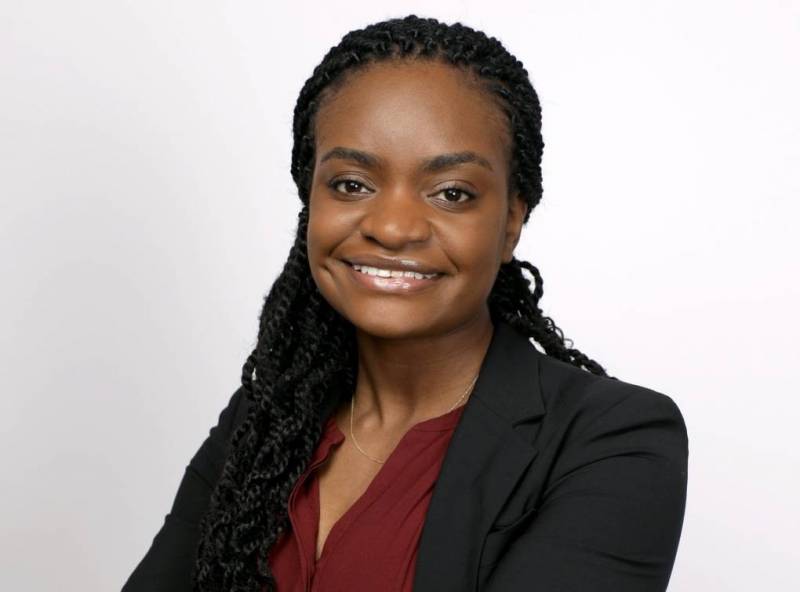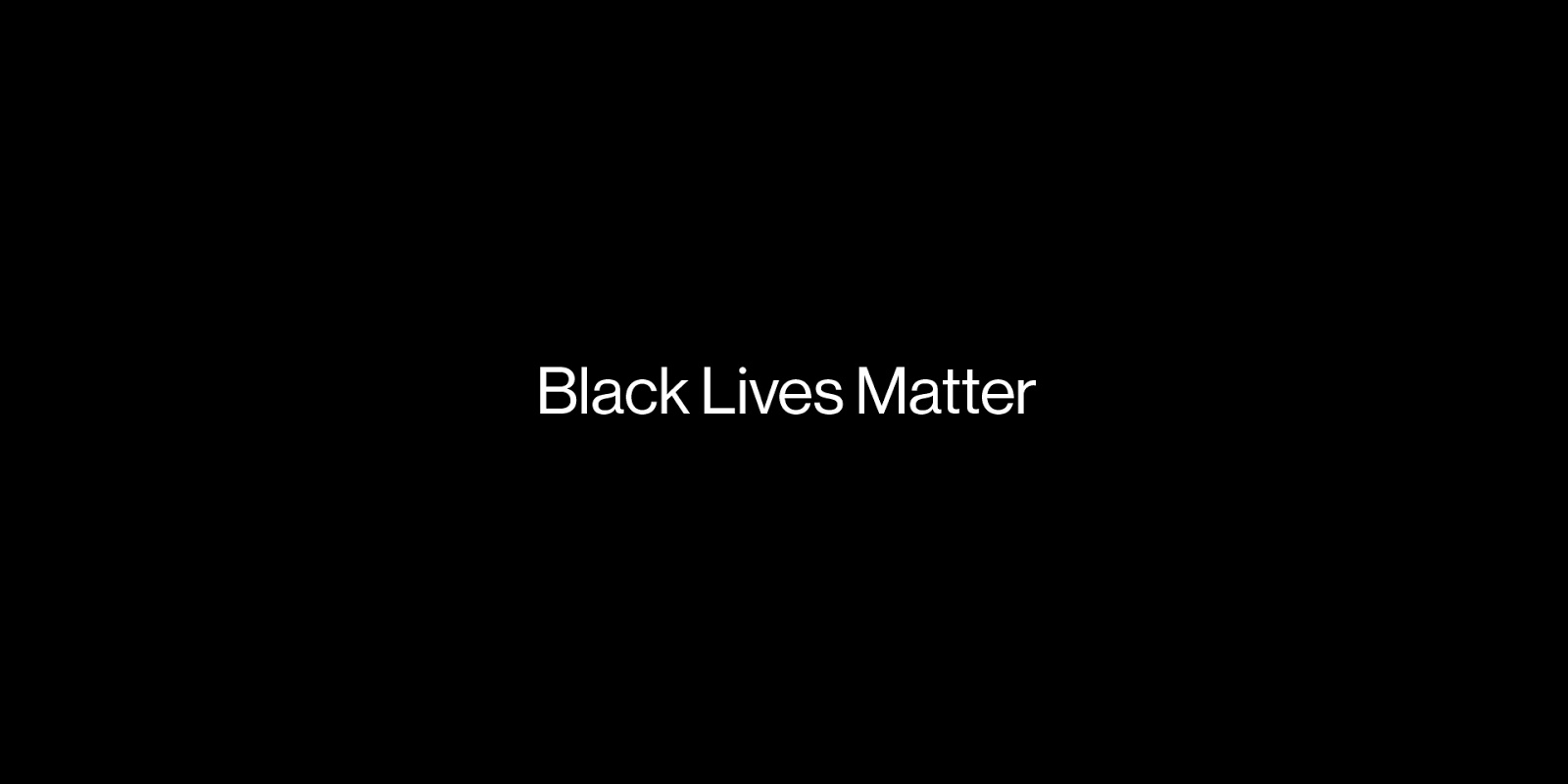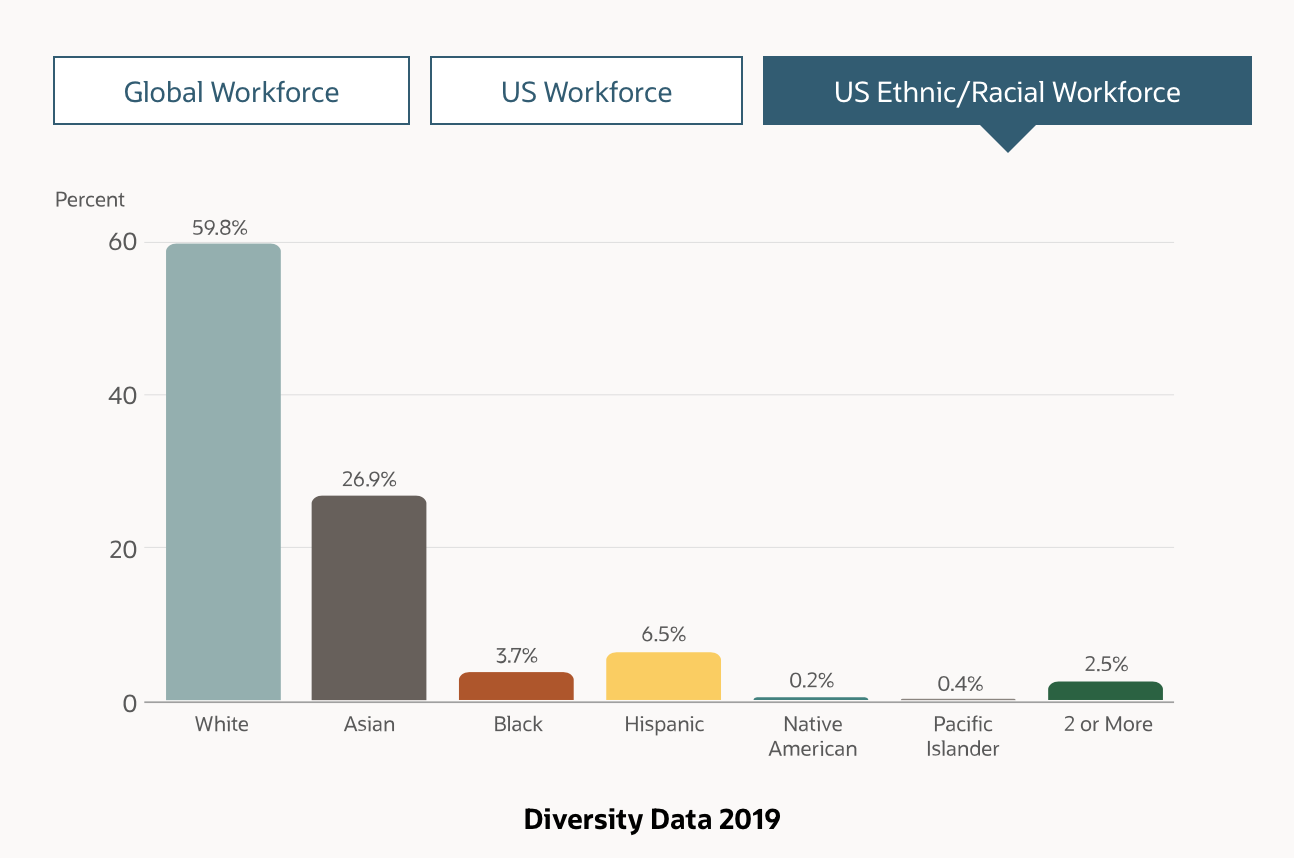Many people consider San Francisco-based Pinterest one of the friendlier social media platforms. That, at least, is what initially drew former public policy and social impact manager Ifeoma Ozoma to Pinterest in July of 2018 from her previous job at Facebook
“I thought this is a company that believes in diversity, or at least says it does,” she said. But less than a year later, Ozoma raised concerns about being underpaid for the level of work she was performing at the company.
“I wasn’t being paid fairly, and according to the company’s own chart, while I was still the public face of the all of the work that was being used to prop the company up as a responsible tech company in a sea of irresponsible ones,” Ozoma said.
In recent weeks, companies across America have gone all out declaring their corporate allyship with Black Lives Matter. Silicon Valley companies have done the same, but that’s generated public backlash from current and former Black employees. None became more viral than Ozoma’s tweet thread earlier this week.



